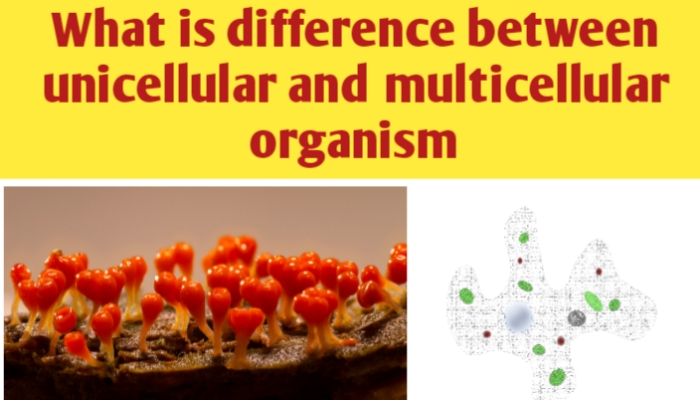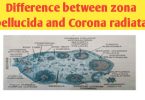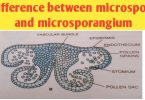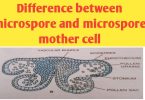What is difference between unicellular and multicellular organism | definition and examples of unicellular organism | definition and examples of multicellular organism

What is difference between unicellular and multicellular organism
The organism categorise into two types according to number of cells present in body, the organisms possese presence of single cell are known as unicellular which have cellular organisation and those comprise of many cells are known as multicellular have tissue and organ system organisation.
◆ ALSO READ: HEART ANATOMY, PHYSIOLOGY, LOCATION, DISEASE & TREATMENT
There are various organism type are looking around us some of these are microscopic, minute, naked, very small, tiny living particles, comprise of single cell, not seen and feels their presence by us represent unicellular organism, and presence of those organism which are seen by us naturally, feels their presence, comprise many cells, generally represent multicellular organism which are larger in size.
Definition of unicellular organisms
Definition of unicellular organisms:- unicellular organisms defined as those formed of a single cell are called unicellular organisms, it has simple structure, single cell is capable of independent existence and also performimg the essential function of life. Amoeba, chlamydomonas, both protists, bacteria (prokaryotes) and yeasts (fungi) are few examples of unicellular organisms.
Definition of multicellular organisms
Definition of multicellular organisms: multicellular organisms defined as those consisting of many cells are known as multiple cellular organisms. The number of cells in multicellular organisms is correlated to the size of the body. Man and tree are examples of multiple cellular organisms.
What is difference between unicellular and multicellular organism
Regarding this, “what is difference between unicellular and multicellular organism”, unicellular organisms body composed of a single cell, single cell carries out all the life functions and injury to a cell can lead to death of the organisms while multicellular organisms have a body composed of numerous cells, tissues and organ system organisation, different cells are specialized for different functions and injury or death of some cells does not affect the organisms as the same can be replaced.
This question is very important for class 8th, 9th, 10th, 11th and 12th students, those prepare for competitive and annual board examinations. How does unicellular organisms from multicellular organisms?
Comparison between unicellular and multicellular organisms are follows:-
Unicellular organisms:-
1) Its body composed of a single cell.
2) A single cell carries out all the life functions.
3) An injury to a cell can lead to death of the organisms
4) Cells after death degenerates
5) sexual reproduction, if present,occurs only once during the life.
6) A cell body can not attain a large size, limit being imposed by surface area to volume ratio.
7) Life span of unicellular organisms is short due to heavy load of work.
8) unicellular organisms are immortal.
9) Power of division is not impaired
10) Capacity of regeneration is well marked
11) Cell has the same role of itself and the organism.
12) Division of labour is at a the organelle.
13) It has a low level of operational efficiency.
14) Cell body has to face the environment on all sides.
15) cellular organisms depend upon their own intrinsic information.
16) Ageing is often absent as a mature cells divides into daughters.
Multicellular organisms:-
1) Have a body composed of numerous cells.
2) Different cells are specialized for different functions.
3) Injury or death of some cells does not affect the organisms as the same can be replaced.
4) Dead cells can keep functioning
5) Sexual reproduction is repeated many times during the life.
6) Many-celled body can attain large size by increasing the number of cells.
7) Life span of multiple cellular organisms is long due to limited load of work for each cell type.
8) Only germ cells in the multiple cellular organisms are immortal that can pass onto the next generation.
9) Certain specialized cells lose the Power of divisions.
10) Capacity of regeneration lessens with increasing specialization.
11) Cells have a double role, one for themselves and the other for the organism
12) Division of labour may be at cellular, tissue, organ and organ system level.
13) It has high degree of operational efficiency.
14) In multicellular organisms, only outer cells have to face the environment, inner cells can devote to other functions.
15) Cells of multicellular organisms possess autonomy but show various interactions and specialities for performing different functions like protection external stimuli, exchange of materials, transports.
16) Certain specialized cells show ageing like nerve cells, sieve cells.
Conclusions: –
Cellular organisms consist of a single type of cells which perform different functions while
multiple cellular organisms consists of a number of different types of cells which performs different functions.







Leave a Comment